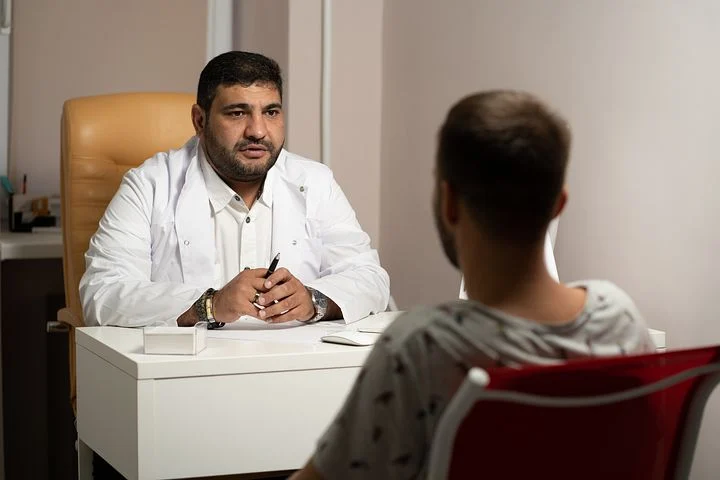When talking to a person who has experienced a traumatic event, it is more important to be genuinely caring than to say all the 'right things'. Show the person that you understand and care, and ask them how they would like to be helped.

Speak clearly and avoid clinical and technical language, and communicate with the person as an equal, rather than as a superior or expert. If the person seems unable to understand what is said, you may need to repeat yourself several times.
Be aware that providing support doesn't have to be complicated, it can involve small things like spending time with the person, having a cup of tea or coffee, chatting about day-to-day life or giving them a hug.
Behaviour such as withdrawal, irritability and bad temper may be a response to the trauma, so try not to take such behavior personally. Try to be friendly, even if the person is being difficult.
The person may not be as distressed about what has happened as you might expect them to be, and this is fine. Don't tell the person how they should be feeling. Tell them that everyone deals with trauma at their own pace.
Be aware that cultural differences may influence the way some people respond to a traumatic event; for instance, in some cultures, expressing vulnerability or grief around strangers is not considered appropriate.
Get involved, you may save a life!
It takes a wise or a professional person to do that. It is not easy to talk to someone who is in that condition cos you do not know the amount of damage it has caused him or her.
The best way is to put yourself in their shoes, and let them know that you clearly feel the same way. And also do all you can to make them feel safe where they are. Assure them of their safety first and then provide safety measures that they can use as a guide in the nearest future.